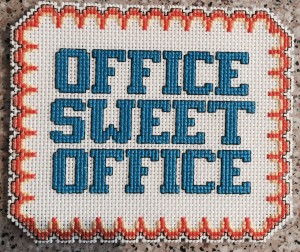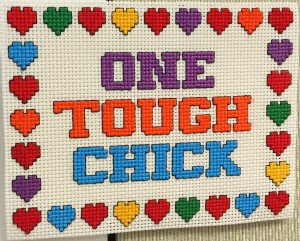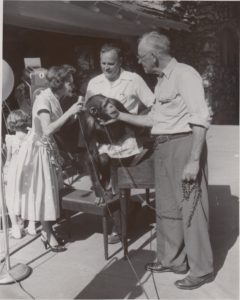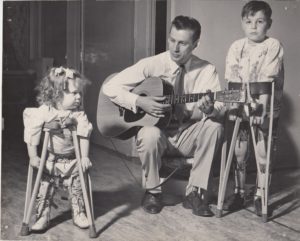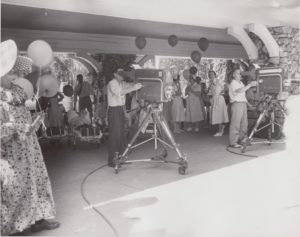Verbiage
A few days ago, I had the opportunity to spend quite a bit of time chatting with a 29-year-old programmer coworker. During our chats, he mentioned that in addition to his day job, he and his wife ‘have three startups.’ I gather that these are mobile applications that he has developed and deployed to the app store. Furthermore, he explained, while he didn’t really expect any of those projects to ever turn into anything, he had hopes that he would make some money off of one eventually.
My coworker’s use of the word ‘startups’ really struck me. Based on my understanding of what he and his wife are doing, I never in a million years would have described them as ‘startups.’ I would describe them maybe as ‘side projects’ or ‘small businesses’ but not ‘startups.’ The fact that this usage struck me so strongly made me think that he means something very different than I understand in the term ‘startup.’
I took this question to Facebook, and Susan Brumbaugh, who was my partner in similar extracurricular work back in the day, provided the clue that I think explains my puzzlement. Back when Susan and I were in a similar situation, our primary motivation for our side projects was learning, not money. Don’t get me wrong; we charged an hourly rate for some of the work that we did for others, but we also undertook a lot of technical projects solely for the sake of learning and working together.
So, maybe basic motivation explains my coworker’s use of ‘startups.’ Maybe he is more directly motivated by the potential to make money than we were.
Of course, this brings up the bigger question of the meaning of the term ‘startup.’ To me, you start with an idea, work on it, and maybe if it seems viable in some way, you take money from others in order to be able to put more effort in it. And if things work out, maybe you make money from it. I think that’s an ‘old school’ view of what constitutes a startup. These days, I understand, a lot of people have the goal of starting a startup. To me, they have it backwards: the business is the primary goal, the idea is a detail.


